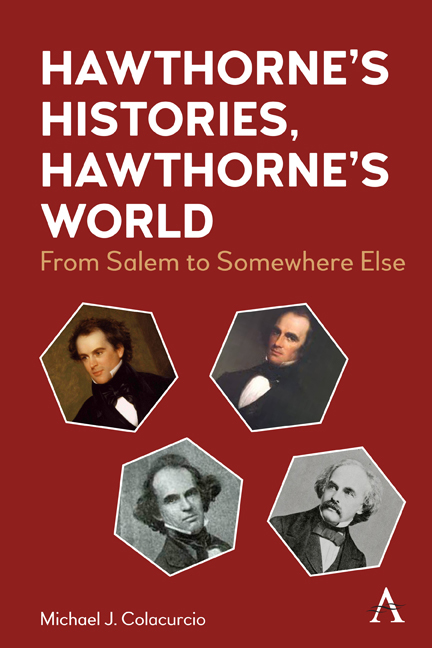Book contents
- Frontmatter
- Dedication
- Epigraphy
- Contents
- Acknowledgments
- Preface
- Introduction The Moral of the Story
- Chapter 1 Walnut
- Chapter 2 J. O.
- Chapter 3 Forgiveness and the Thin Red Line
- Chapter 4 “I Got Nothing!”
- Chapter 5 “It’s an Important Political Problem. I Should Know about It.” Agency
- Chapter 6 Nicole’s Father is NOT German! The Moral Salience of Difference
- Chapter 7 Science Fiction Fantasy, Moral Imagination and the Ability to Conceptualize Your Way Out of a Problem
- Chapter 8 Passion
- Chapter 9 Cat
- Chapter 10 Best Friends Forever
- Chapter 11 Wretched, Slacker Disney Child
- Chapter 12 Chloe, Nicole and the Elephant in the Parlor: The Last Lecture and Some Final Thoughts on Ethics and Character
- Notes
- References
- Index
Chapter 1 - Walnut
Published online by Cambridge University Press: 06 October 2022
- Frontmatter
- Dedication
- Epigraphy
- Contents
- Acknowledgments
- Preface
- Introduction The Moral of the Story
- Chapter 1 Walnut
- Chapter 2 J. O.
- Chapter 3 Forgiveness and the Thin Red Line
- Chapter 4 “I Got Nothing!”
- Chapter 5 “It’s an Important Political Problem. I Should Know about It.” Agency
- Chapter 6 Nicole’s Father is NOT German! The Moral Salience of Difference
- Chapter 7 Science Fiction Fantasy, Moral Imagination and the Ability to Conceptualize Your Way Out of a Problem
- Chapter 8 Passion
- Chapter 9 Cat
- Chapter 10 Best Friends Forever
- Chapter 11 Wretched, Slacker Disney Child
- Chapter 12 Chloe, Nicole and the Elephant in the Parlor: The Last Lecture and Some Final Thoughts on Ethics and Character
- Notes
- References
- Index
Summary
Bismarck supposedly quipped that when the end of the world came, he wanted to be in Weimar because everything happened 30 years later there. I feel the same way about Walnut.
When the terrorists hit the Twin Towers on 9/11and all the airlines were grounded, my oldest son had no way to return to college in Chicago. Even after the planes were allowed to recommence flying, we were apprehensive. Then I remembered that the train from California to Chicago ran through Princeton, Illinois. Using a logic only a frightened, muddled mother could embrace, I decided my son should return by train. Even in a national emergency, I figured he could get off the train, follow the tracks till he got to Princeton and then find someone to get him to Walnut. Once in Walnut, he would be safe.
The world could be falling apart. The United States could be invaded by terrorists who hated our way of life and would stoop to nothing to harm us, as the media kept intoning. But it would take them at least 30 years to find Walnut.
I’m not sure why I felt this way. Walnut was a little town, declining rapidly in population even when I knew it. The high school had been torn down, despite the best efforts of my mother and my uncle Marvin. But with the demolition of the high school, the heart would go out of the town. Or so my family feared.
Instead, the town endured. Just a few houses— how many? Maybe 200? 300?— surrounded by rich farmland. The Walnut Café (pronounced caff by the locals who would have no truck with fancy French words) flourished. The farmers still seemed to come to town— “come ta’ town” the locals said— for their midmorning coffee and pie. For a while the café owners served Greek salads and the Greek owners (new arrivals to town) would go home to get real feta cheese whenever my mother came to visit, Mother being one of the few people in Walnut who appreciated the real feta.
The movie theatre had long since closed, doubtless because of its policy of charging no admission for a movie on Tuesday evenings, when everyone— including my grandmother— would be sure to go.
- Type
- Chapter
- Information
- The Unspoken Morality of ChildhoodFamily, Friendship, Self-Esteem and the Wisdom of the Everyday, pp. 9 - 26Publisher: Anthem PressPrint publication year: 2022

